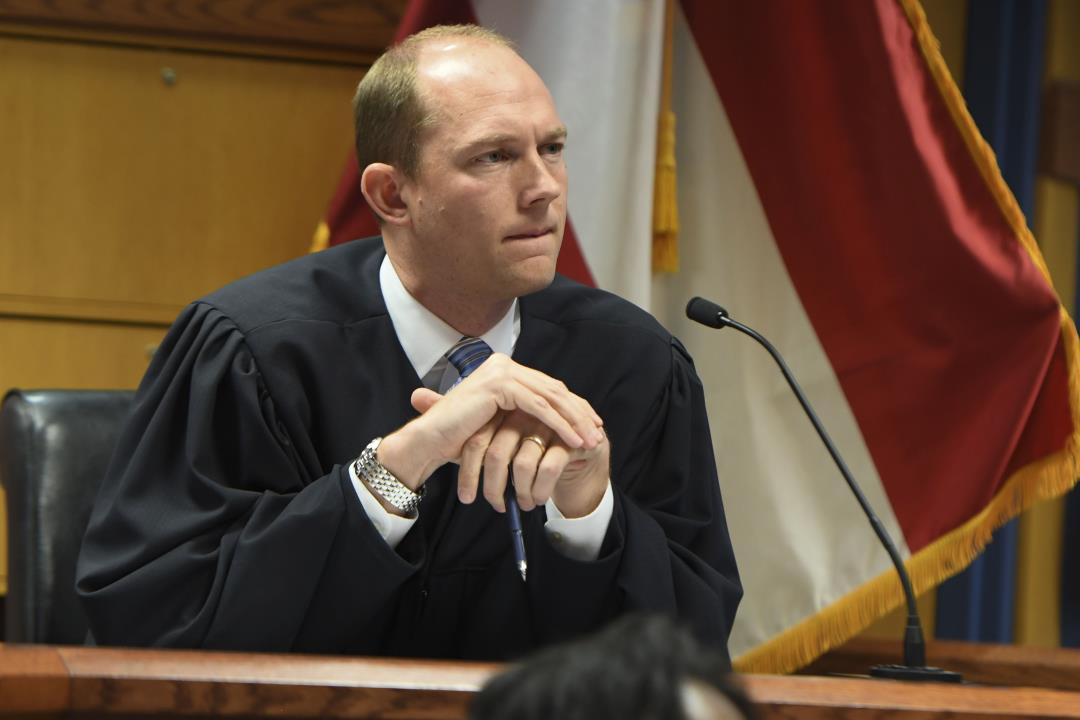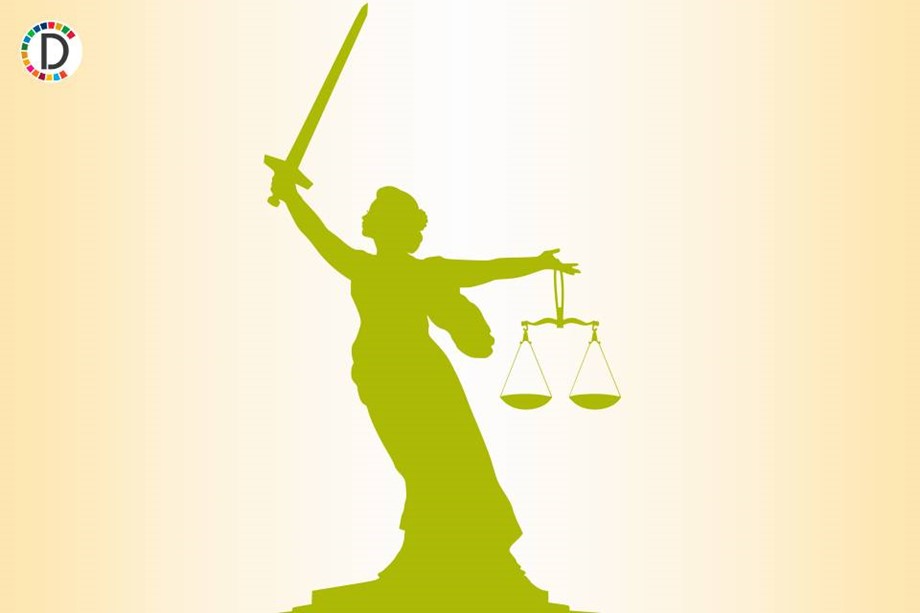Trump's Legal Battles: Presidential Protection?
In a significant legal maneuver, Donald Trump's lawyers aim to dismiss Georgia's criminal charges citing his status as a recently elected president.
Published December 06, 2024 - 00:12am

Image recovered from newser.com
Donald Trump's legal team has embarked on a strategic campaign to seek the dismissal of the ongoing criminal case in Georgia, revolving around allegations of attempting to overturn the 2020 presidential election results. This effort underscores the intersection of legal, political, and constitutional questions surrounding a sitting president-elect's immunity from prosecution. The lawyers propose that such immunity extends to any state or federal criminal processes, thereby rendering the present case unconstitutional.
This legal defense hinges on the argument that Trump, as the president-elect, enjoys absolute immunity from criminal charges. Observers note that this stance pivots on a broader interpretation of presidential powers and privileges, which has sparked contentious debates across political and legal spectrums. The case reduction from 13 to eight charges indicates a strategic narrowing, possibly to streamline the legal battles pending his inauguration.
The situation in Georgia is compounded by similar legal challenges faced by Trump in different jurisdictions. Notably, federal indictments regarding election interference and mishandling classified materials were withdrawn, spotlighting a Department of Justice policy that circumvents prosecution of a sitting president. Trump's defense posits that these federal precedents ought to apply similarly to state-level cases.
The Georgia case is not isolated in its implications. Trump, along with 14 co-defendants, faces serious allegations of organized efforts to disrupt the electoral process, a case enhanced by the involvement of Special Counsel Jack Smith previously targeting federal cases against Trump. Smith's withdrawal from federal charges in light of Trump's presidential status showcases the delicate balance between legal accountability and political office immunities that the U.S. judicial system must navigate.
In their appeal, Trump's attorneys cited constitutional grounds, emphasizing procedural and jurisdictional overreach in Georgia's prosecution. They pointed to similar tendencies observed in New York, where Trump's legal team motions to dismiss charges of falsifying business records aimed to silence Stormy Daniels.
Critics argue that such legal strategies might reflect broader political maneuvers intended to delay or derail judicial proceedings that could undermine Trump's political ambitions. Proponents counter this by asserting the necessity of preserving the executive office's integrity and questioning whether ongoing prosecutions align with the democratic principles surrounding an elected leader's mandate.
The repercussions of this case are bound to transcend legal circles, reaching into public discourse on the boundaries of presidential authority and accountability. On the geopolitical stage, reactions vary, with some international observers expressing skepticism about the robustness of U.S. institutions in handling complex interplays of politics and law, while others see it as a testament to institutional checks and balances.
Amidst the ongoing legal narrative, conversations root themselves in wider political implications. The invocation of immunity raises questions about the separation of powers and the scope of executive privilege versus judicial oversight. These issues continue to shape public opinion, drawing a polarized response from a nation divided over its leadership and governance.
Moving forward, the decision of the Georgia appeals court will be pivotal in setting precedents not only for Trump's cases but for how legal systems address similar challenges, balancing constitutional immunities against principles of justice and accountability.







